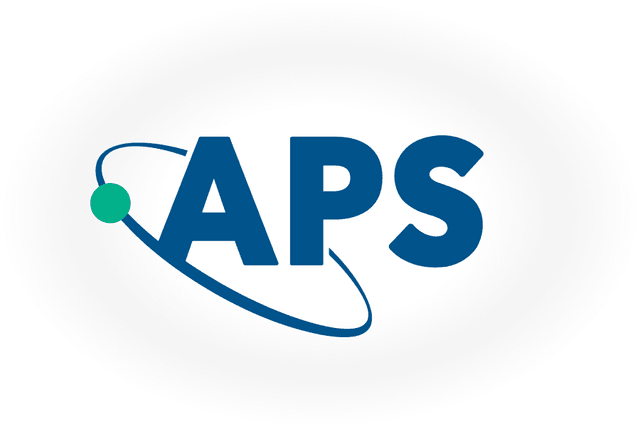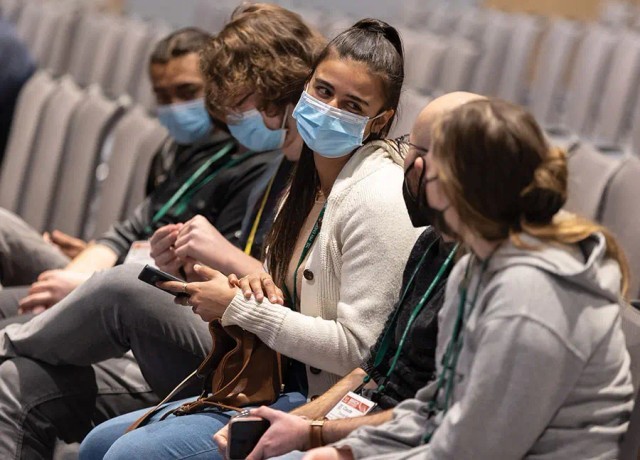Ethics Case Studies

The National Science Foundation requires institutions to provide training in the responsible and ethical conduct of research to students and researchers participating in NSF-funded projects. These case studies examine physics-specific ethics training, and can be used as an educational resource for researchers, mentors, and students.
Ethics case study topics
The APS Ethics Case Studies are a series of case studies on ethical issues that can arise in the course of doing physics research.
In the research environment, we are often faced with situations in which we could stand to benefit personally.
How data are acquired, recorded, and stored is thus of fundamental importance to progress in science.
Our experiences as undergraduate and graduate students is the first time we encounter any ethical questions specifically related to science.
Issues of health and safety are important in the context of any sort of experimental research.
Bias can damage research, if the researcher chooses to allow his bias to distort the measurements and observations or their interpretation.
Use these case studies to explore how effective mentoring fosters growth and promotes professional development through supportive relationships and environments.
APS Guidelines: Honor contributions, condemn plagiarism, ensure transparency. Elevate research integrity.
Scientists and educators have a duty to obey rules and regulations regarding the responsible conduct of research and ethical participation in the activities of their department, laboratory, or company.
Educational resources
- Responsible Conduct of Research, National Science Foundation. Resources on implementing NSF’s requirement to provide ethics training and oversight to researchers supported by NSF grants.
- Grant General Conditions, National Science Foundation. Article Subject 18 of GCG (January 4, 2010) describes the responsible conduct of research requirements.
- Office of Inspector General, National Science Foundation. Includes many links to conferences and studies, as well as briefings for administrators and students, and case studies (located at the bottom of the website).
- Ethics Education and Scientific and Engineering Research, National Academy of Engineering. Published summary of workshop held in 2009. Book is available for purchase or free online.


